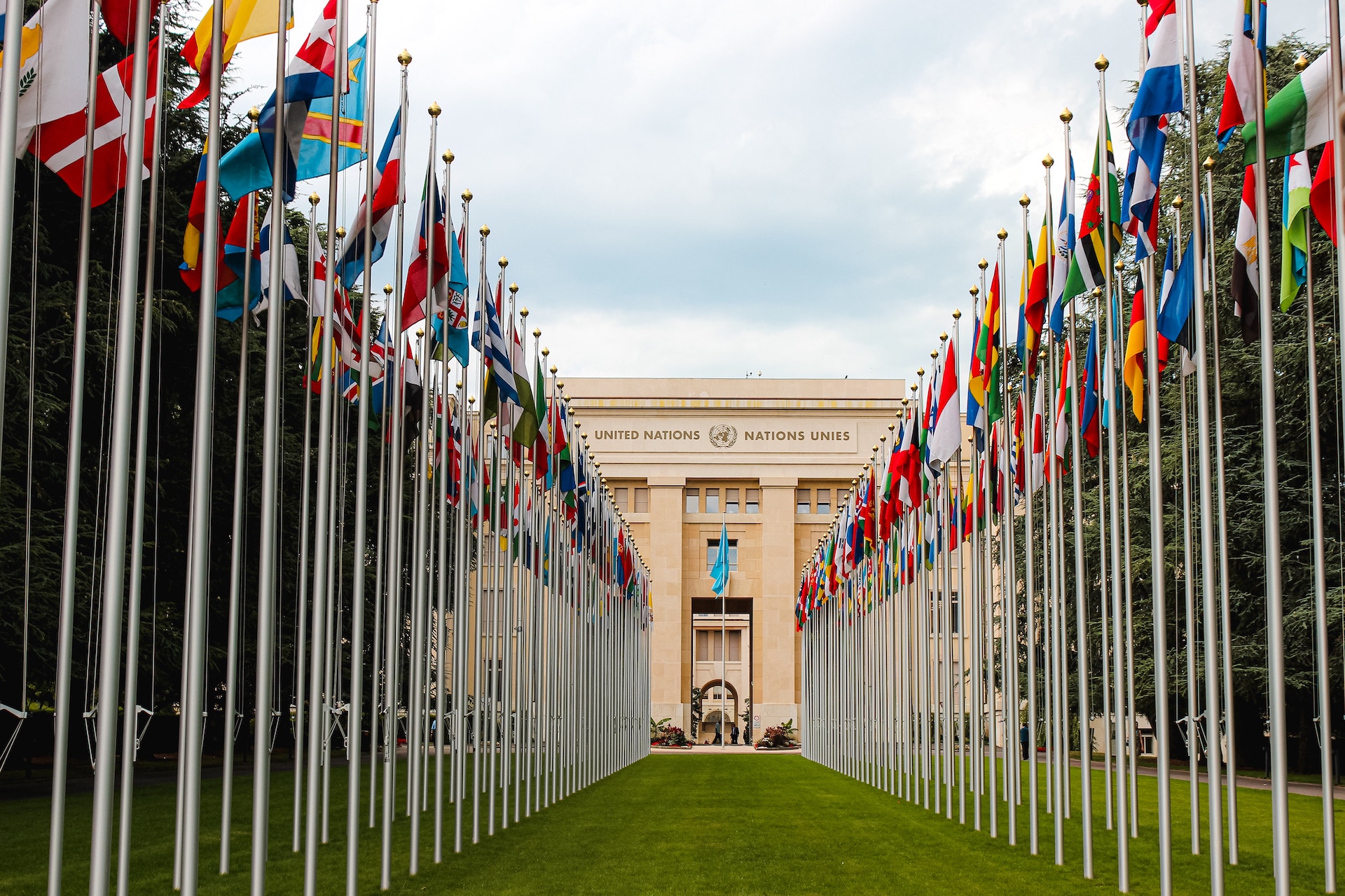
COP28 Ends in Pledge to Transition Away from Fossil Fuels:
By: Matthew Warren
The 28th annual Conference of the Parties (COP28) of the U.N. Framework Convention on Climate Change (UNFCCC) concluded in Dubai after running from November 30 to December 12, 2023.[1] While initially drawing criticism for being hosted by the United Arab Emirates’ national oil company president, Sultan Ahmed al-Jaber, the conference proved fruitful as the 198 member state parties agreed for the first time to transition away from coal, oil, and natural gas.[2]
History of COP and the UNFCCC
The UNFCCC is a multilateral treaty adopted in 1992 and was originally signed by 166 state parties.[3] Today, 198 states have signed and are party to the treaty.[4] The UNFCCC itself does not lay out any specific climate targets, but it creates a forum for member states to negotiate future agreements and policies.[5]
The UNFCCC established the Council of Parties (COP) as the primary body to negotiate, draft, and review climate policy.[6] Through the UNFCCC’s framework, COP has adopted additional protocols such as the 1997 Kyoto Protocol, which legally binds developed countries to emission reduction targets, and the 2015 Paris Agreement, which seeks to limit global temperature rise to 1.5 degrees Celsius above pre-Industrial levels.[7] The Paris Agreement also introduced the global stocktake, mandating that every 5 years the COP take stock and assess the status of actual climate action in comparison to the Paris Agreement’s proposed goals.[8] This year’s COP28 conference concluded the first ever global stocktake.[9] At each COP, the parties review the implementation of the UNFCCC, the Kyoto Protocol, and the Paris Agreement, and create a document detailing actions to develop these three instruments.[10] Creating the document requires heavy negotiating, as the parties must unanimously agree to its terms and language.[11] This gives veto power to any state with interests in continued fossil fuel usage.[12]
What Happened at COP28?
As mentioned above, the COP28 parties agreed to transition away from fossil fuels. However, certain parties such as the United States (U.S.) and European Union (E.U.) hoped the agreement would use the language “phase out” for fossil fuels, rather than the more flexible “transition away from.”[13] Phasing out fossil fuels and transitioning to renewable energy requires vast amounts of capital, something that will be impossible for developing and low-income countries to do without contributions from wealthier countries.[14] Furthermore, the U.S. and E.U. have offered very little financial assistance for developing countries to decarbonize, making their push for “phasing out” fossil fuels appear insincere for countries in need.[15]
What does this mean moving forward?
Despite the more lenient language of “transitioning away” from fossil fuels, including it in the COP28 agreement is the first time the conference has explicitly referenced fossil fuels and linked them to climate change.[16] However, none of the COP agreements are binding, and any pledges are unenforceable.[17] Despite not being compulsory law, the COP28 pledge to transition away from fossil fuels creates an international standard and a framework for individual states to enact domestic policies.[18] Hopefully, This agreement will hopefully be a prominent step in global decarbonization and mitigating the impacts of climate change.
_______________
[1] U.S. Dept. of State, U.S. Center at COP28 Schedule, https://www.state.gov/u-s-center-at-cop28-schedule/.
[2] In a First, COP28 Targets the Root Cause of Climate Change, The Economist (Dec. 13, 2023), https://www.economist.com/leaders/2023/12/13/in-a-first-cop28-targets-the-root-cause-of-climate-change.
[3] U.N. UN Climate Change Conferences, https://www.un.org/en/climatechange/un-climate-conferences; see also U.N. Climate Change, Status of Ratification of the Convention, https://unfccc.int/process-and-meetings/the-convention/status-of-ratification-of-the-convention.
[4] Id.
[5] Graham Rsch. Institute on Climate Change and the Environment, What is the UN Framework Convention on Climate Change (UNFCCC)?, London Sch. of Econ. and Pol. Sci. (Oct. 24, 2022), https://www.lse.ac.uk/granthaminstitute/explainers/what-is-the-un-framework-convention-on-climate-change-unfccc/.
[6] Id.
[7] U.N. Climate Change, History of the Convention, https://unfccc.int/process/the-convention/history-of-the-convention#Essential-background.
[8] Amnesty Int’l, Global: What Happened at COP28? Essential Need-to-Knows (Dec. 14, 2023), https://www.amnesty.org/en/latest/news/2023/12/global-what-happened-at-cop28-essential-need-to-knows/.
[9] Id.
[10] U.N.Climate Change, What are United Nations Climate Change Conferences?, https://unfccc.int/process-and-meetings/what-are-united-nations-climate-change-conferences.
[11] In a First, COP28 Targets the Root Cause of Climate Change, supra note 2.
[12] Id.
[13] Somini Sengupta, Four Takeaways From the COP28 Climate Summit, N.Y. Times (Dec. 13, 2023), https://www.nytimes.com/2023/12/13/climate/cop28-climate-summit-takeaways.html.
[14] Id.
[15] Id.
[16] Amnesty Int’l, supra note 8.
[17] Sanjay Patnaik et al., The Successes and Failures of COP28, Brookings (Dec. 14, 2023), https://www.brookings.edu/articles/the-successes-and-failures-of-cop28/.
[18] Id.
____________
Photo Courtesy of Mathias Reding

